Don't wanna be here? Send us removal request.
Text
Readings in the Philippines History
Caparas, Regina Deyweness
Cardiel, Phoebel Lynn
Hernaez, Jhan Celso
Executive Summary


Pantayong Pananaw emphasizes Filipino culture and history on its own terms, fostering national unity and appreciation for heritage. Literature and historical studies, such as Lipunan at Panitikan and The Philippine Peasantry of the Early Colonial Period, highlight how colonial struggles shaped Filipino resilience and leadership, with early society valuing trust and communal ties.
The often-overlooked economic history of 19th-century Philippines is explored through data-driven analysis to validate oral narratives. The Philippine-American War, a conflict that caused significant casualties, remains overshadowed in historical discourse. The long-term effects of American colonization (democracy, education, and cultural dependency) and Japanese occupation (brutality, nationalism, and resistance) continue to influence the country’s political and social landscape.
In the modern era, social and political movements addressing human rights, environmental issues, and government accountability have gained traction, amplified by social media. Activists and youth-led initiatives advocate for justice, transparency, and sustainability, reflecting a growing consciousness of global and local concerns. These movements have fostered a culture of civic engagement, demonstrating Filipinos’ resilience and commitment to social progress. Ultimately, the historical experiences of colonization and occupation have shaped the nation’s identity, while ongoing activism continues the pursuit of justice and national development.
Conclusion

Studying Philippine history has deepened my understanding of nationalism, especially in today’s era of technology and globalization. Learning about our ancestors’ sacrifices made me appreciate our culture and the freedom we enjoy today. With so many influences from other cultures, it is easy to forget our own heritage, but history teaches us that progress should not mean losing our identity. Instead, we can use technology to promote our culture, strengthen our sense of unity, and connect with fellow Filipinos. Nationalism is not just about grand gestures but also simple acts like respecting traditions, supporting local products, and being responsible citizens. By understanding our past, we gain a clearer sense of who we are, allowing us to embrace change while staying rooted in our values.
Philippine history is more than a collection of old stories—it is a reminder of our identity and the resilience of Filipinos who fought for our freedom. It teaches us the importance of unity, bayanihan, and pagmamalasakit, which keep our communities strong despite challenges. In a world filled with new ideas and influences, history keeps us grounded by reminding us to take pride in our heritage, language, and traditions. Knowing our history is not just about looking back; it helps us move forward with pride and purpose. It ensures that future generations carry the same love for our country, preserving our identity amid the fast-changing world.
0 notes
Text
Readings in the Philippines History
Part 2
x1.Neocolonialism
Neocolonialism is when powerful countries continue to control or influence a former colony, not through direct rule but through things like economic pressure or cultural dominance.

x11. Global Politics
Global politics is about how countries interact with each other, including their decisions on trade, power, and international issues.

x111. Racist Portrayal
Racist portrayal is the depiction of individuals or groups in a way that reinforces racial stereotypes, prejudices, or discrimination

x1v. Filipino Patriots
Filipino Patriots are Filipino citizens who have a deep love for their country and are willing to fight for the freedom, independence, and welfare of the Philippines against colonization or oppression.

xv. Cultural stereotype
A cultural stereotype is an oversimplified belief or assumption about a group of people based on their culture, ethnicity, or nationality.

1 note
·
View note
Text
Readings in the Philippines History
Caparas, Regina Deyweness
Cardiel, Phoebe Lynn
Hernaez, Jhan Celso
HRM 2B
Part 1
Definition of terms
1. Colonialism
Colonialism is a political and economic system in which a foreign country establishes and maintain control over a country and it often involves political, cultural and exploitation of resources by the colonizing power the Philippines.
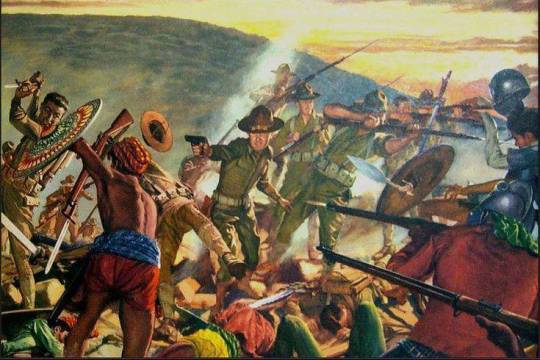
11. Imperialism
Imperialism is when a powerful country takes control of a weaker country or territory. Often to exploit its resources, labor or markets. This can be done through military force, economic pressure or cultural influence.
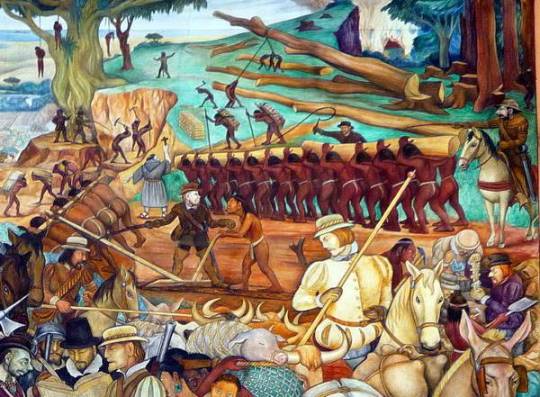
111. Philippines Trade History (Spanish Era)
The Philippines was a major hub for the galleon trade, which connected Asia, The Americans and Europeans. While it was a time of great cultural exchange but also of exportations and inequality, As the spanish colonizers dominated the trade and reaped most of the benefits.
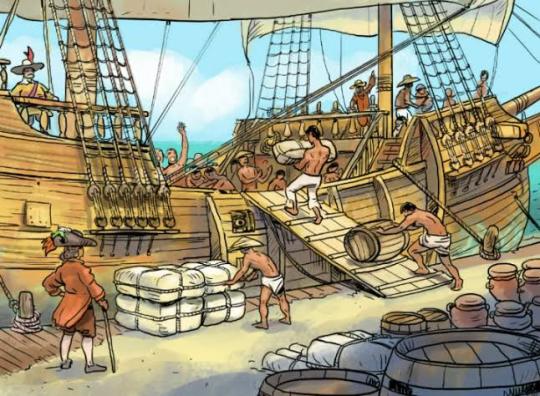
1v. Nationalism
A strong sense of pride, loyalty and devotion to one's country and its people. It emphasizes the importance of national identity and unity. Nationalism emerged in the Philippines as a response to colonialism and foreign domination asserting our country's independence promoting its culture, interest and resist foreign influence.
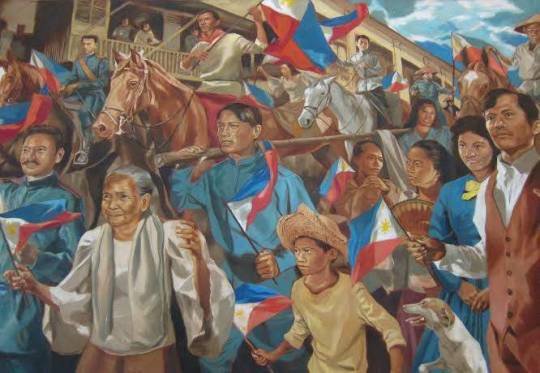
v.Decolonization
Decolonization is about countries taking back control and becoming truly independent. In the Philippines, Decolonization starts when our fellow countrymen began to break free from being controlled by the Spaniards for a very long time.
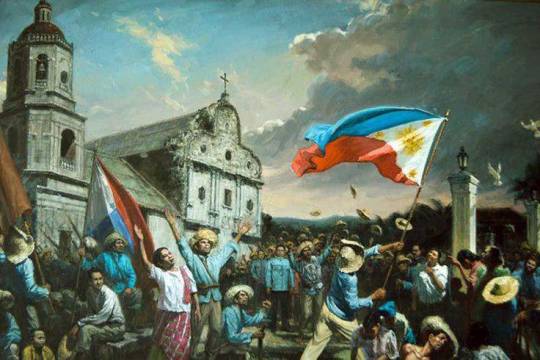
v1. Swidden Cultivation
Also known as slash-and-burn agriculture, is a farming practice where forests are cleared by cutting and burning vegetation. This enriches the soil with nutrients for a few years. Farmers then grow crops in the cleared area until soil fertility declines, after which they move to a new site.
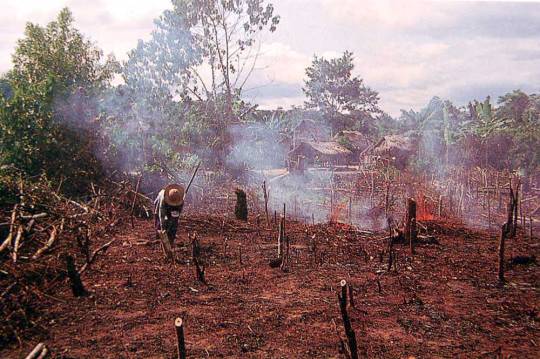
v11.Boxer Codex
A 16th-centurymanuscript from the Philippines, featuring illustrations and descriptions of indigenous peoples, cultures, and wildlife. It provides valuable insights into precolonial Philippine society, customs, and attire, serving as a key historical document for understanding the region's early history and cultural diversity.
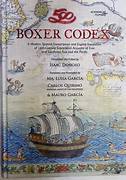
v111.Pious
Someone who is deeply religious, devoted to their faith, and often demonstrates strong moral principles. Such individuals engage in acts of worship, practice religious rituals, and strive to live according to their beliefs. Piety can manifest through compassion, charity, and a commitment to spiritual values.
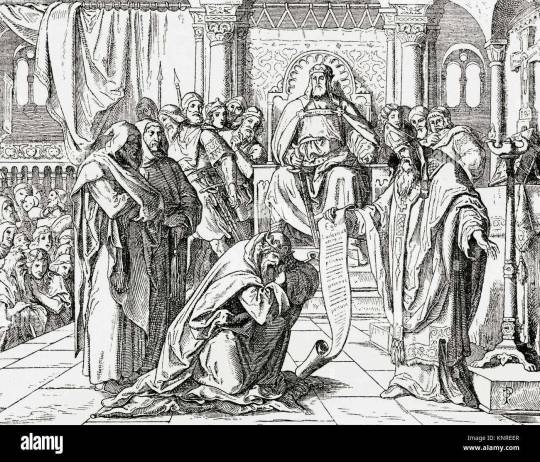
1x. Kasamas
Refers to companions, partners, or friends in Filipino culture. The term embodies camaraderie, loyalty, and shared experiences. It emphasizes the importance of relationships and support among individuals in various contexts, such as family, friendship, or community, highlighting togetherness and mutual assistance in life's journey.
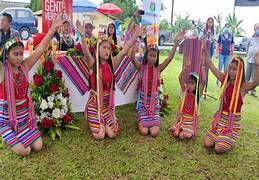
x.Democracy
A system of government where power lies with the people. Citizens have the right to vote and participate in decision-making. It promotes fairness, freedom, and equality. In a democracy, leaders are elected, laws are made transparently, and individual rights are protected, allowing diverse voices to be heard.
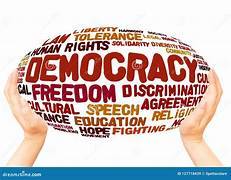
2 notes
·
View notes